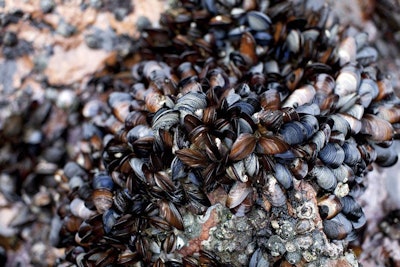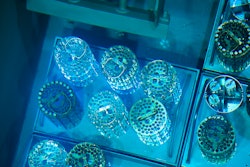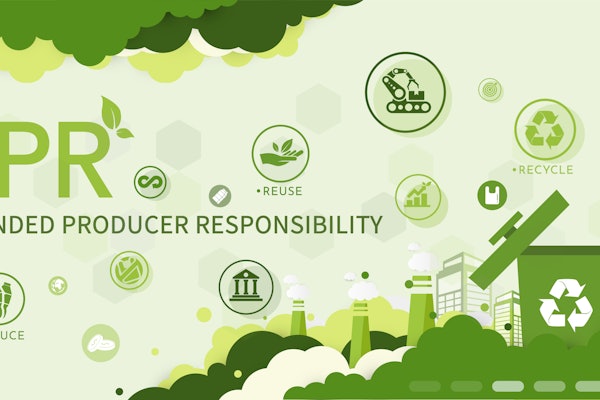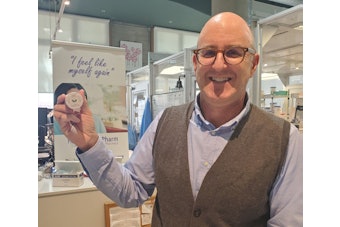
Mussels cling to solid surfaces with the aid of an adhesive protein and plastic-like fibers that can repair themselves if molecular bonds are broken. A recent article from New Scientific discussed an innovative material that mimics these properties, and it could be used in robot joints, self-healing body armor, or even packaging to protect fragile cargo from accidental dropping.
Researchers at UCSB developed the material in which molecular bonds between iron and an organic compound called catechol allow for it to be stretchy, but difficult to break. When something hits or stretches the material, the iron-catechol bonds break to absorb the energy, but the overall structure remains intact. It’s similar to how the foam in a bike helmet crushes to prevent the rider’s skull from fracturing. There’s usually a tradeoff between stretchiness of a material and strength, but these “sacrificial bonds” make both possible.





















